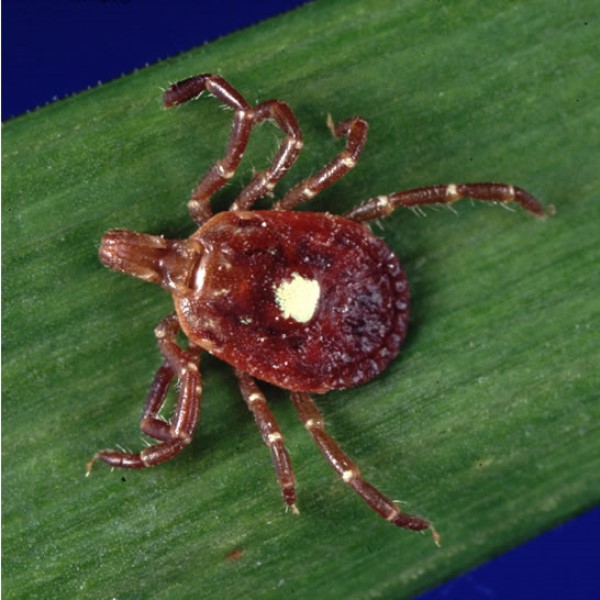
VCU researchers find explosive rise in tick-linked meat allergy across the U.S.
On Oct. 30, 2025, researchers at Virginia Commonwealth University and VCU Health announced preliminary study findings that show a once-rare allergy that can cause severe reactions hours after eating red meat is dramatically rising across the United States.
The condition, known as alpha-gal syndrome (AGS), is typically linked to bites from the lone star tick and is increasingly recognized as a growing health concern in many regions of the country. Different types of ticks cause the syndrome in other parts of the world.
The findings show a 100-fold increase in positive test results for alpha-gal antibodies between 2013 and 2024. While these results are preliminary, the study represents one of the largest real-world analyses of AGS to date.
AGS is triggered when a tick bite causes a person’s immune system to develop antibodies to a sugar molecule (galactose-alpha-1,3-galactose) found in the meat of mammals such as beef, pork or lamb. Reactions can include hives, swelling, nausea, vomiting, abdominal pain, diarrhea and even life-threatening anaphylaxis. Researchers believe the allergic response to alpha-gal triggers inflammation in the gut, leading to discomfort and other digestive problems that can significantly affect quality of life.
Using information from the extensive TriNetX U.S. Collaborative Network, the research team reviewed data between 2010 and 2025 of more than 3,800 adults tested for the antibodies produced in the immune system to fight AGS. The study showed a sharp rise in positive test results for the condition with nearly a quarter, or 749 patients, diagnosed with it. Across 69 U.S. health systems, the incidence proportion climbed markedly, from about 1.8% in 2013–2014 to 38.5% in 2021–2022. Researchers say this increase likely reflects better awareness among doctors as well as more tick bites across the country.
Because these reactions are delayed, often appearing three to six hours after a meal, they are frequently mistaken for food poisoning, irritable bowel syndrome or other digestive disorders. Some individuals with AGS report only stomach-related symptoms and never develop hives or swelling, making the condition even harder to recognize.
Since many people with AGS experience GI symptoms, the VCU Health researchers emphasized the need for greater awareness among gastroenterologists, who are often the first specialists these patients see. Those diagnosed with AGS must avoid red meat and, in some cases, dairy products or gelatin. While no cure exists, avoiding further tick bites may help antibody levels decline over time.
Tags:
Source: Virginia Commonwealth University
Credit:
